Photographing miniature objects and enlarging them beyond their 1:1 ratio is the backbone of all macro photography. Mirrorless, DSLR and even smartphone cameras are perfect tools for capturing all the small things.
For all the information you could ever need on macro photography, read our complete guide here.
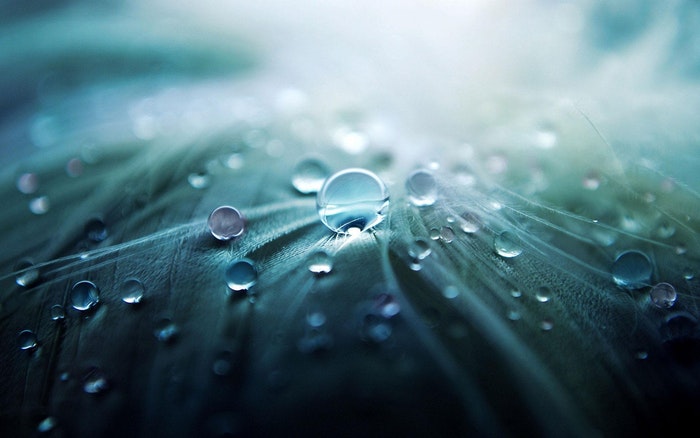 [Note: ExpertPhotography is supported by readers. Product links on ExpertPhotography are referral links. If you use one of these and buy something, we make a little bit of money. Need more info? See how it all works here.]
[Note: ExpertPhotography is supported by readers. Product links on ExpertPhotography are referral links. If you use one of these and buy something, we make a little bit of money. Need more info? See how it all works here.]
What Is Macro Photography?
You can capture images of small-sized things with macro lenses, extension tubes, bellows or reverse adapter rings.
These allow for a closer focus distance. Thus, you get more magnification compared to a standard lens. Some lenses have a macro setting printed on the focus distance ring. But it doesn’t mean they are true macro lenses.
True macro photography means something else. It is when the projection of the subject on your camera sensor is the same size as the subject itself. That represents a ratio of 1:1, also known as life-size magnification.
You can learn more about macro equipment and techniques in our article here. What we’ll focus on here is where and when to photograph macro.
Finding the right subject is probably the hardest part. Beginners think that they need to be outdoors with exotic flowers and insects to create interesting macro images. But the truth is that interesting macro scenes are everywhere.
Take a look around where you are standing right now! I bet you will find a few potential subjects that will inspire you.
So here are our 21 macro photography ideas to help you capture small objects.
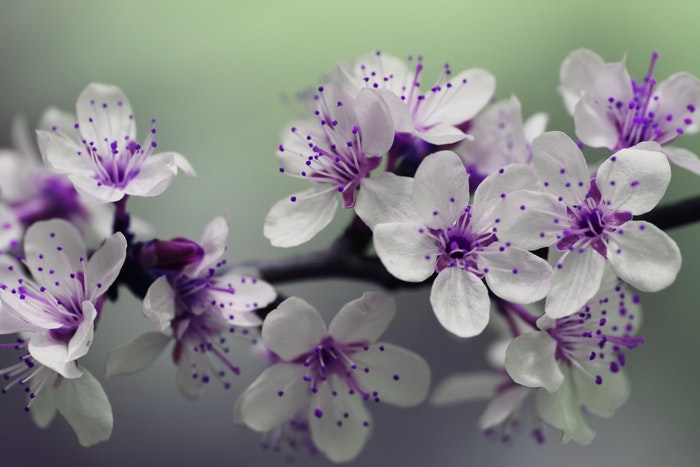
21. Ice Crystals and Ice Cubes
You can find ice crystals everywhere, you don’t need to live in Winter Wonderland!
A frosty fridge hides all the good ideas and subjects for macro photos. You can use real snowflakes too in case you have it around you.
But simple ice cubes make ideal subjects for macro photos as well. You can make them look like crystals or diamonds. The only thing you have to do is play around with light and the depth of field.
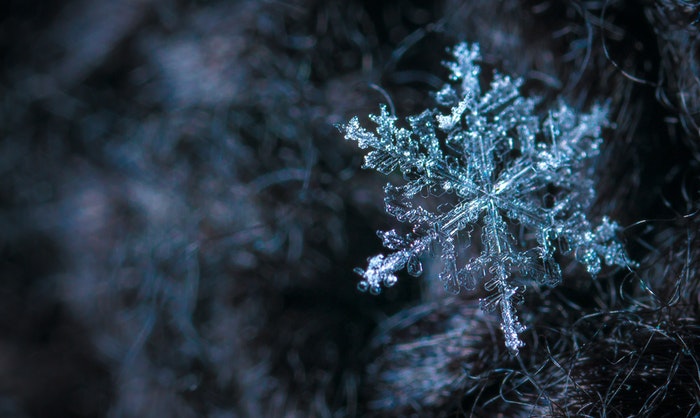
20. Bubbles in Drinks
Carbonated water or an ice-cold beer is not only for killing your thirst. You may use them or your macro photography.
Serve the drink in a glass or container that is suitable for your subject. Use an elongated champagne glass to let the bubbles form chains in the sparkling wine. If you have a glass from a famous coke brand, serve the beverage in that.
Did you get exhausted from your macro photography session? You have the refreshment right in front of you. Cheers!
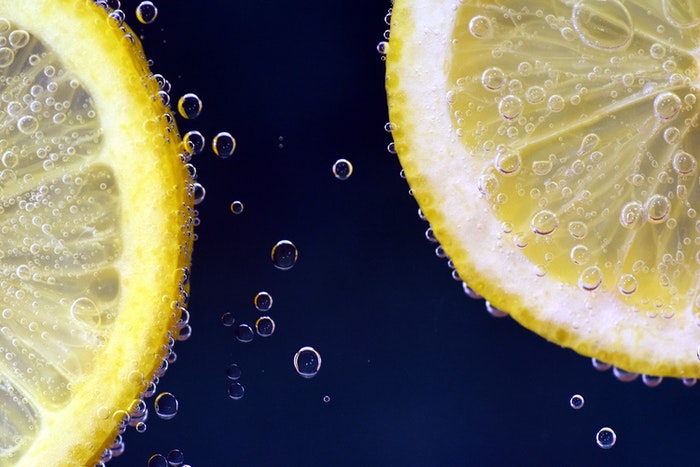
19. Souvenirs and Postcards
There are times when we don’t have the opportunity or resources to travel. Remember that fun time in 2020?
Souvenirs such as keychains, postcards or fridge magnets are good macro photography ideas. They help to ease the travel ache as well.
Set up a small scene that recreates a place’s typical atmosphere. Got a Big Ben keychain? Place it on a postcard from London and put a teabag next to them. You have your authentic English afternoon tea.
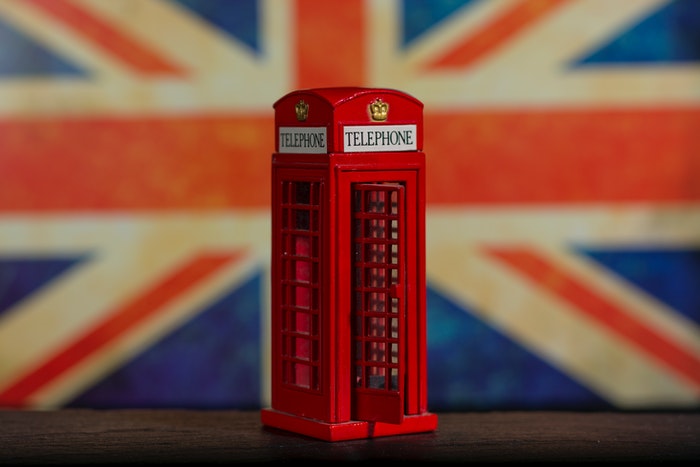
18. Makeup Items
Open up your make up drawer and make a bit of a mess. As a kid, I melted by mom’s lipstick and poured her eyeshadow powders on the floor. The small crystals of the powder sparkled all around in the sunshine.
You don’t have to destroy your or somebody else’s make up collection, though. You can drizzle small amounts on a paper sheet or on other textures.
This way, nobody will be angry at you for your macro photography ideas.
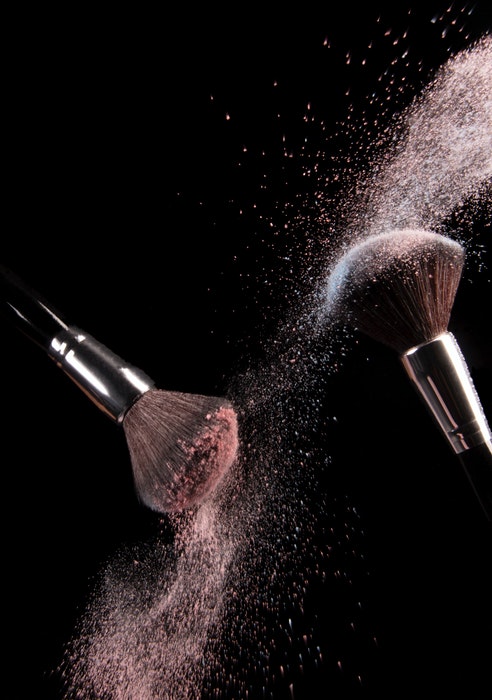
17. Stones and Minerals
You can find stones even in front of your door. They might not sound exciting at first. But they are good macro subjects for your photography.
Together, they give you a repetitive pattern, where no two stones or rocks are the same. Each will have a unique colour, shape and texture.
Single them out, or use in a group. Change the depth of field to get unique results. You can’t go wrong.
When I was a kid, I collected minerals that came with a magazine every month. They have fantastic crystalised elements that you can use as macro photography ideas.
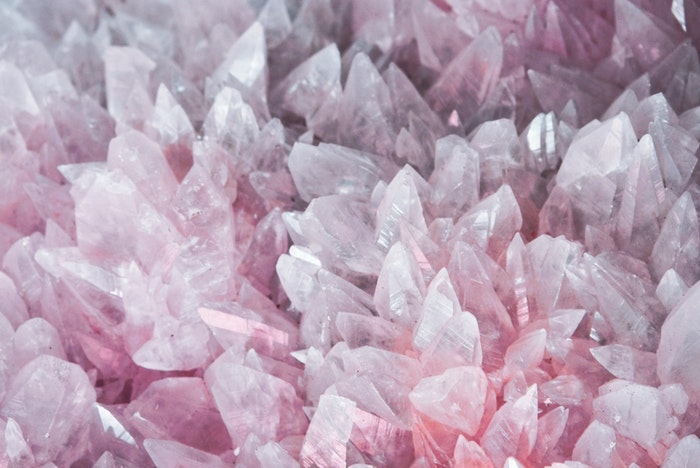
16. Fruits and Vegetables
Fruits and vegetables are a great way to start getting into macro photography. You most likely have some around the house, so you’re already halfway there.
By looking at them up close, you see a new world. They will give you rich degrees of colour and contrast, interesting shapes, textures and patterns. They can be abstract or blown up larger than life to give them a powerful presence.
You can also slice them up and take macro photos of the inner parts. Oranges, lemons and kiwi make good subjects.
Do you want to spice things up a bit? Passion fruits, pomegranate and figs can serve you well in macro photography.
15. Rust and Peeling Paint
Peeling paint and rust are good tools for showing the passing of time. It is difficult to show time or movement in images, as they are still.
Peeling paint and rust brings up connotations of the past. A forgotten building, something out of care and attention. They also add a wonderful texture, made even more important by the natural, varying degrees of destruction.
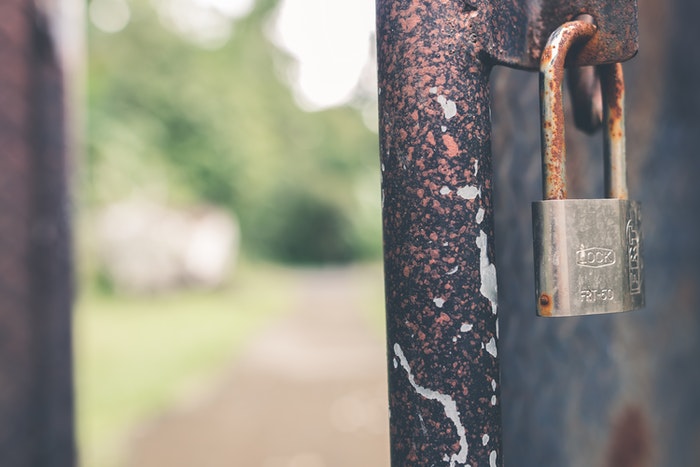
14. Feathers
There is a reason why natural objects appear many times on this list. We admire the natural world. We have such an array of things to photograph. As many people don’t get to see as close as you do, their interest increases.
People wouldn’t know what a feather looks like up close. But you can show them with your macro photographs.
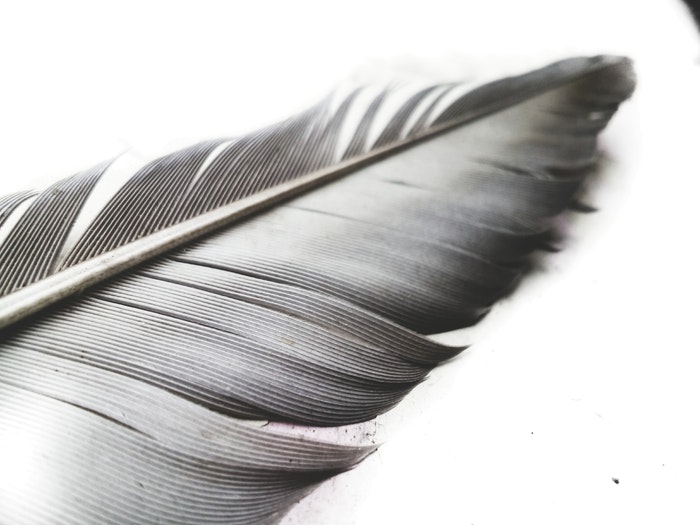
13. Textiles
Clothes and textiles are something very easy to work with. The chances are that you will have many different types already in your home.
Different threads and changes in colours are all photographs worthy. Especially when you get close.
Abstraction is a great tool to use. Textile is also pliable. You can create textures, patterns, and compositional lines to help draw in the viewer’s eye in.
12. Household Items
The best thing about using household items for macro photography is that they are already in your house. You don’t need to buy expensive flowers, cloths or go hunt down some insects.
Walk around your living space and see what could be interesting if you get very close. Each item in your possession has an entire world living on it.
You can create beautiful landscapes, aerial photographs and cityscapes with items you already own.
11. Leaves
Anything natural works wonders for macro photography ideas. Leaves are great because they come in many different types. They change in colour, size, shape and texture after falling from the tree.
You can experiment with this subject, even showing the transition of seasons due to the change in colours. They have a texture similar to an aerial photograph of rivers stemming from tributaries.
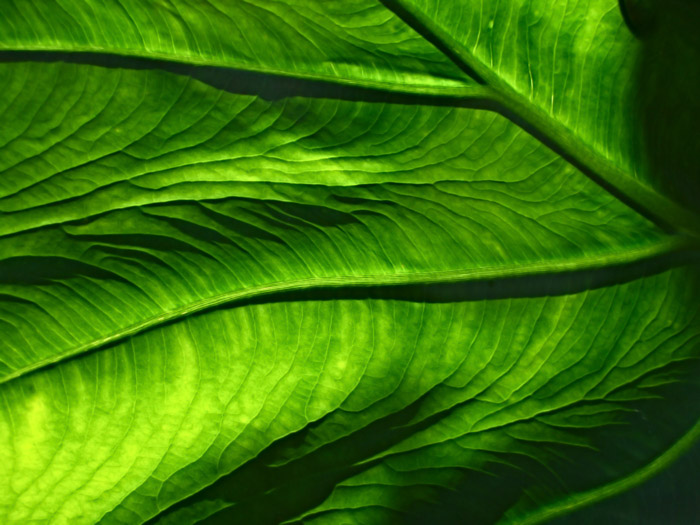
10. Food Photography
Yummy, food! If there is one area that macro photography really takes off in, it is in food photography.
Who doesn’t like to see well-dressed plates filled with scrumptious treats? You can take a close-up macro photo of bigger food items.
Or you can use small pieces such as candies or even colourful sugar sprinkles. Getting in close emphasises the beauty, the texture, the colours while bringing out the flavour in the viewers taste palette.
The best thing about food photography is you get to eat the subjects.
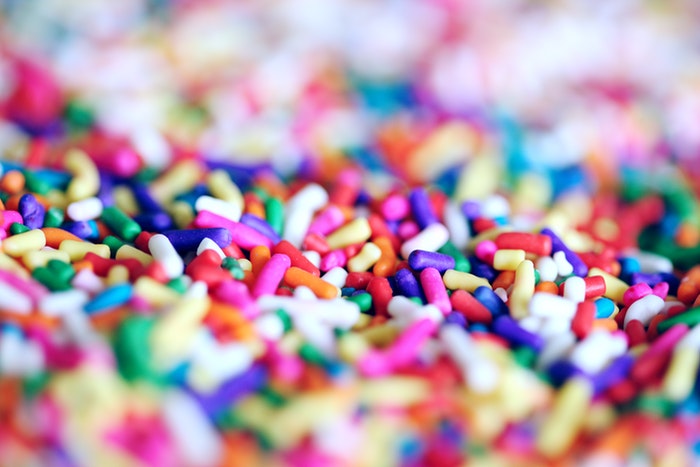
9. Water Droplets
Water droplets are great to work with. You can use them after a rainfall or even create them yourself with a spray gun.
The best thing about these droplets is they add a texture to your image. They let you blur out the background, letting the colours shine through.
More interestingly, they mimic mini crystal balls, harnessing objects found in the background and making them sharp as a tack.
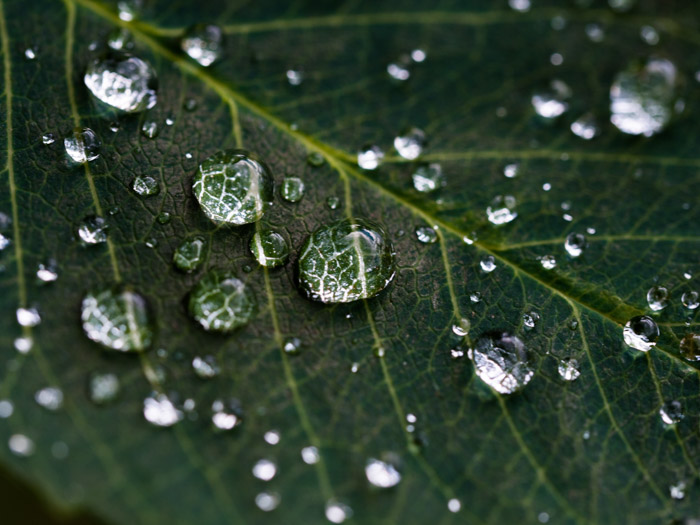
8. Jewellery
If you have ever tried product photography, you have seen what a macro lens can do to beautiful pieces of metal, entwined around precious gems.
A macro lens lets you focus on the beautiful part of the jewellery while allowing the metal to create an interesting bokeh effect.
The plus side is that they will look much bigger than they really are, turning little pieces of magnificence into grandeur objects.
7. Abstract
Abstract macro photography is one of the easiest projects to undertake. You can turn the most obvious objects into abstraction, just by getting closer to it.
They are the images that people will spend a long time in front of, trying to figure out what that image is of. For you, it was a scrunched up piece of tin foil, but for your viewers, it might be one of the most interesting photographs they have ever seen.
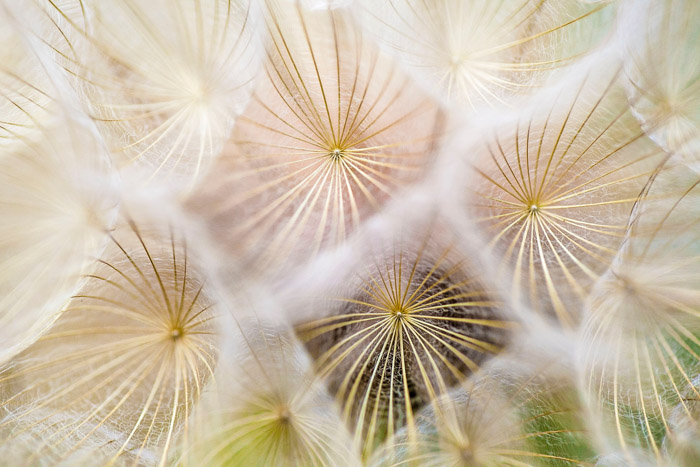
6. Patterns
Patterns are everywhere. Look at the objects in your house, and try them from a new perspective. Nature has a great way to repeat objects, giving you a plethora of macro photography ideas to work from.
Patterns in macro photography may overlap with abstract and textured images, which only boost the interest in your image. Colours are also important, so look around you and start shooting.
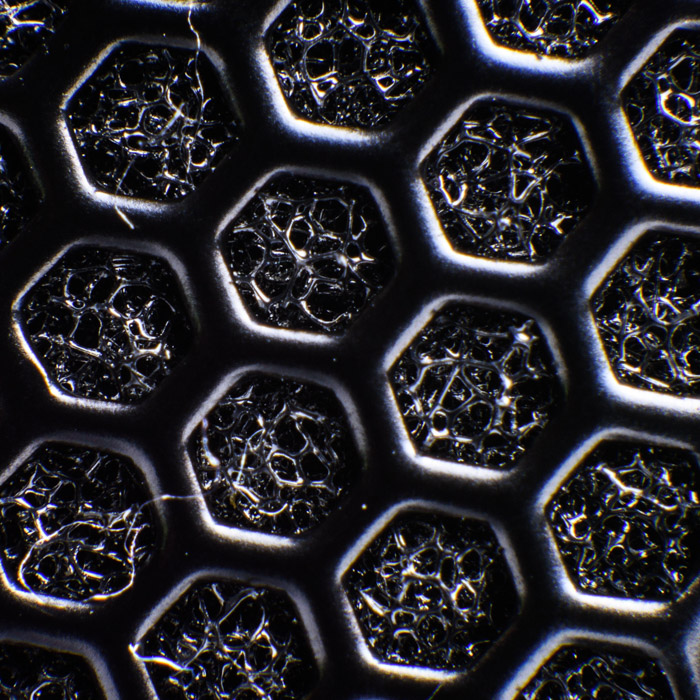
5. Textures
Texture in macro photography is one of the most versatile areas you can discover. Everything in this world has a texture; you may just have to get close enough to it. Anything in a powder form, such as spices can give you that rough look.
They come in many colours, the grains come in many sizes, and you can even manipulate the shape to create mountains and valleys.
It overlaps into the world of abstract macro photography too, depending on your creativity.
4. Toys
One of the most recent trends in macro photography is utilising toys. They can be placed in all sorts of scenarios, ranging from very abstract, to mimicking human life.
Mixed with a tilt-shift process can make viewers double-take to make sure they aren’t looking at something realistic. If you have children, they will get a kick out of helping you.
If you don’t, well who are we kidding, adults love toys too!
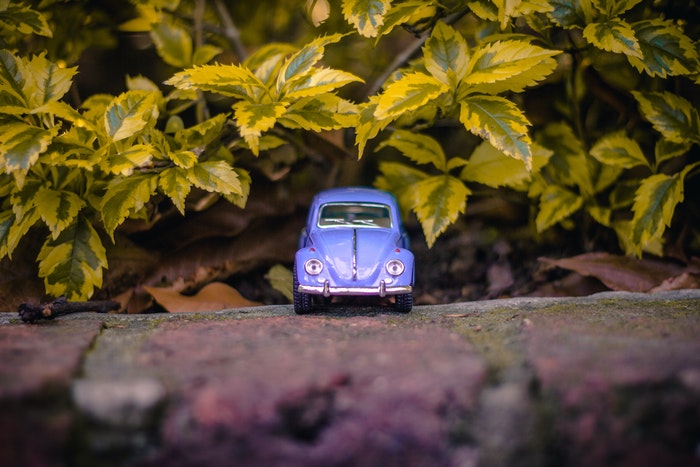
3. Insects
Insects are amazingly wonderful, or downright creepy. Especially blown up to the sizes that macro photography offers.
You can turn these tiny beasts into huge monsters using the right camera and lens combination. There is a whole other world out there, not seen with the naked eye.
Insect macro photography tends to be one of the most challenging niches, as they are mobile and unpredictable. But nothing good ever came easy.
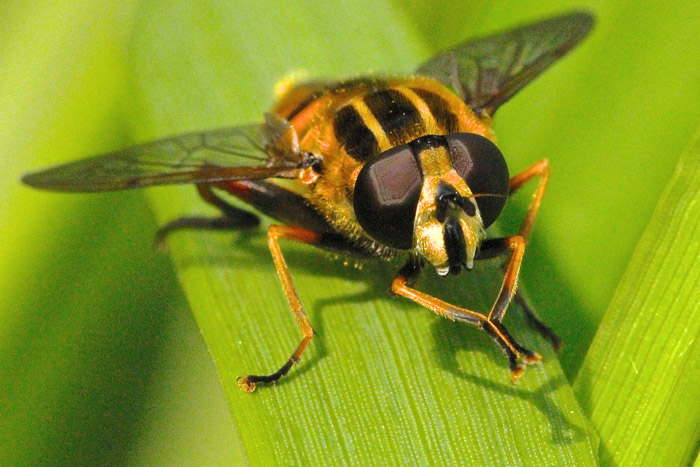
2. Flowers
Flowers are beautiful as they are colourful. There is a wide range of flowers (around 400,000 species) which means you will never be bored. They come in all sorts of different sizes and shapes.
Some are found in the remotest areas of the globe, so it means you get to travel too. Getting in close is a great way to show our natural world in a different light.
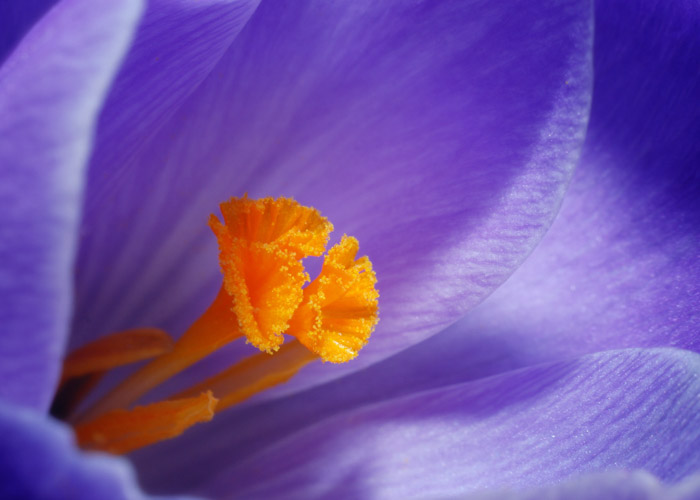
1. Eyes
Nothing is more important than the eyes. We use them for all photographic purposes, for one! We also use them as a way of non-verbal communication, where our emotions are easily readable.
They are the most important thing to look at when walking past someone on the street. One eye can tell more about someone than a full-body photograph.
The eyes speak volumes of our ancestry, and their colours and patterns are amazingly beautiful and unique. The great thing about these is that you are not limited to capturing human eyes.
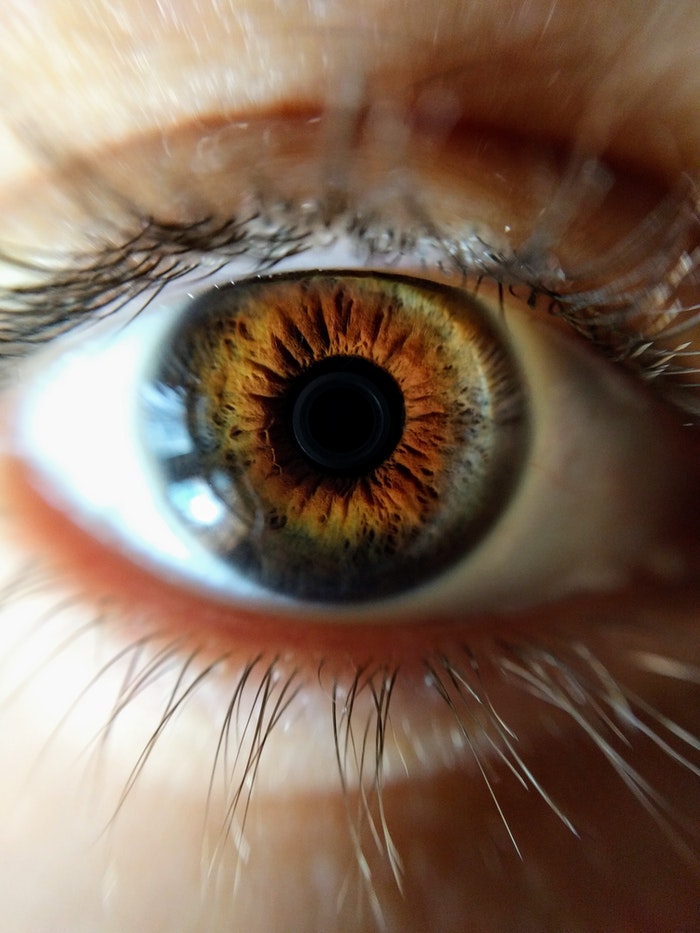
Conclusion
Macro photography may seem hard at first sight. But it is so much fun in reality! You don’t even need a lot of equipment. A camera or a smartphone and a macro lens are enough.
You can even stay at home and take photos of subjects you can find around the house.
If you need inspiration, start with the ideas above, and find one that triggers your creativity!
To create breathtaking macro images, try our Macro Magic course today!
source https://expertphotography.com/macro-photography-ideas/

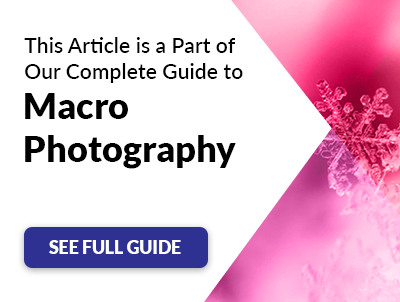
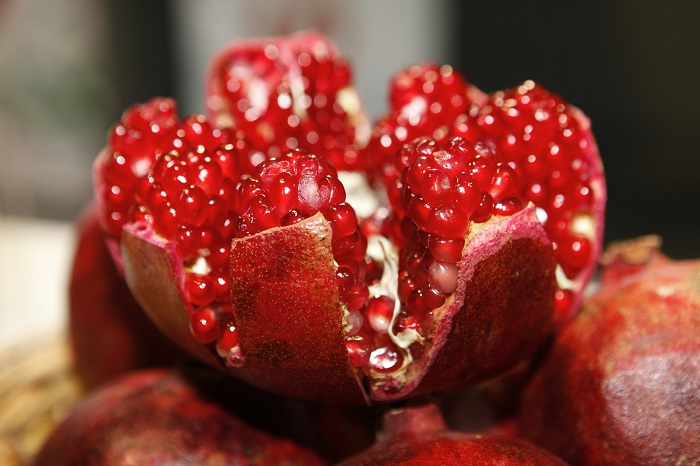
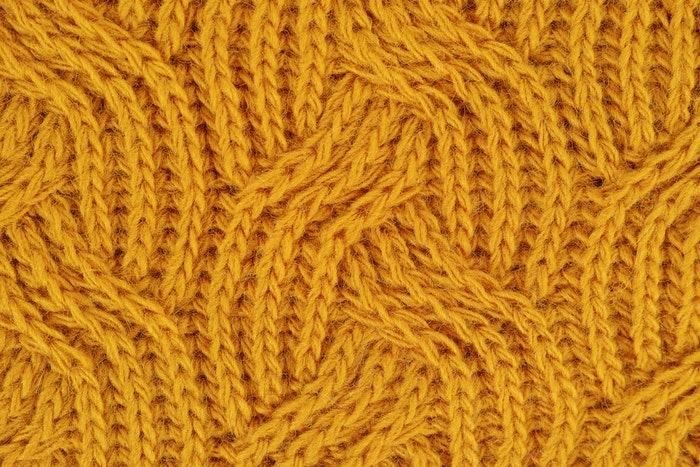
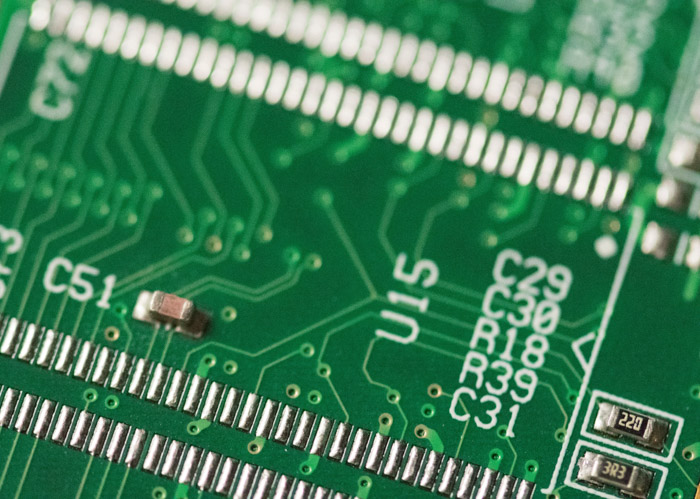
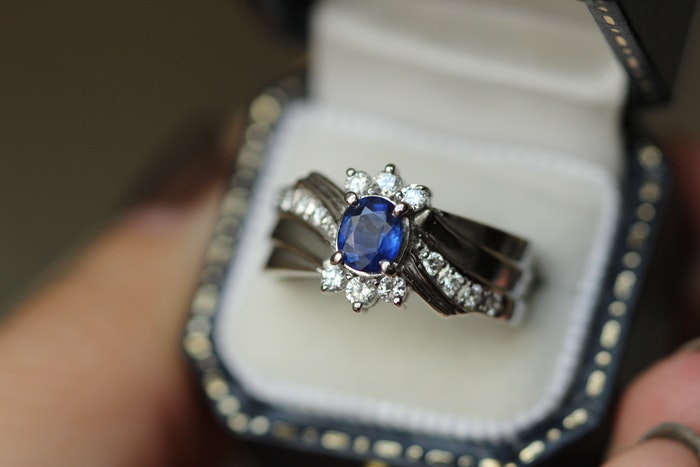


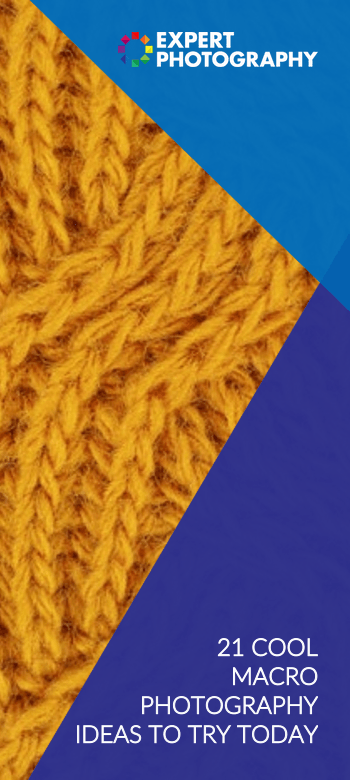
No comments:
Post a Comment